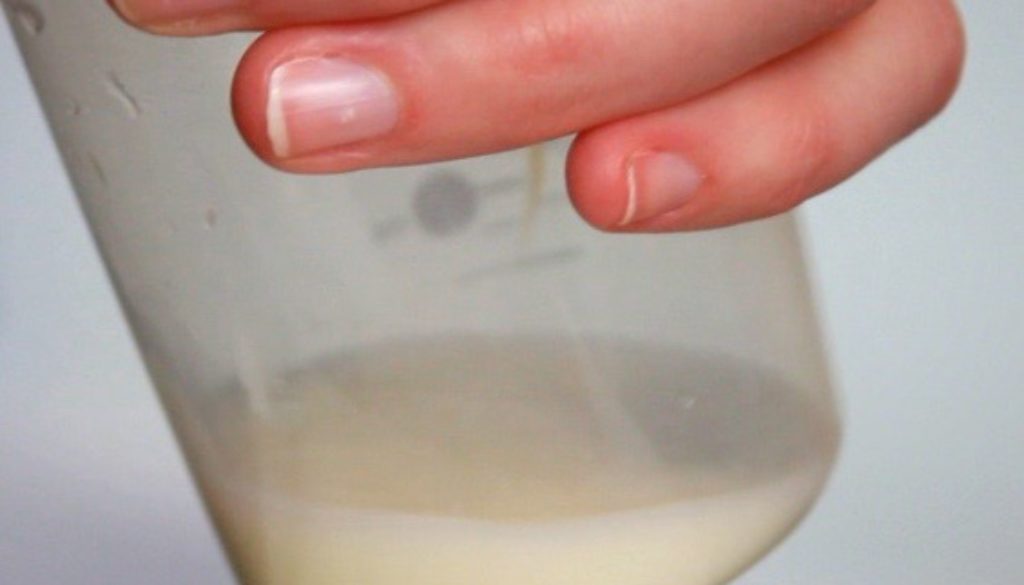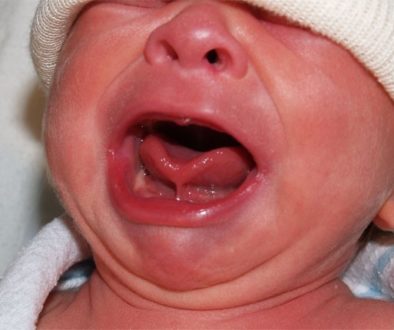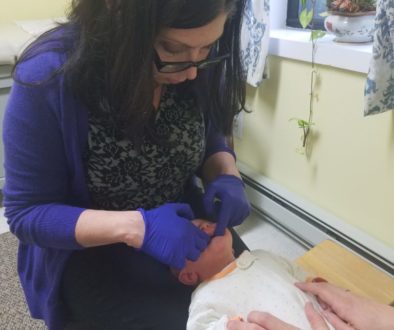Please Pump!
I feel an urgent need to spread a message. And I’m going to ask you to spread it far and wide as well. We need to correct a myth that is having a detrimental effect on parents and babies. It is interfering with parents being able to give their babies their own breast milk as a supplement and preventing them from building an adequate milk supply. It is causing them to give their babies artificial breast milk, instead of their own breast milk when there is an interruption in “at the breast” feedings.I hope that this is unintentional, and I have a theory of why this is happening.
The myth is being spread by those who think they are helping by giving breastfeeding advice, but they are only sharing half of the message. Let me explain.
We love gadgets. We celebrated when insurance companies started providing breast pumps to everyone without cost. But those who got pumps right before baby was born, were anxious to use them. So there was an epidemic of pumping in the beginning, without needing to, because they could, and because they thought that since the pump was given to them, they “should” use it.
So what happened then? Parents were working really hard at the start of the breastfeeding relationship, using technology instead of just feeding the baby. Instead of putting baby to breast they were pumping, bottle feeding and breastfeeding. We saw sore nipples, clogged ducts, oversupply, and infants with reflux, nipple confusion and gas, etc.
I believe that the backlash to that was the message “Do not pump for 3-4 weeks” and this message has been shouted from the rooftops and grabbed up to share by hospital staff and pediatrician’s offices. No pumping before 3-4 weeks!
The problem with this message, is that the rest of the sentence has gotten cut off. It should read- “No pumping before 3-4 weeks, IF INFANT IS FEEDING WELL AND NEITHER MOM NOR INFANT HAVE ANY PROBLEMS”!
Now, those of us in the trenches of private lactation consulting are seeing parents who are using supplemental formula and not stimulating their breasts, because they were told not to pump before 3-4 weeks- no matter what- because it wouldn’t be good for them or their baby.
I had doubts that this was happening, however this experience was reported in three different geographic locations within a short time of writing this article.
So what happens to the breastfeeding relationship if there is no pumping when the infant is given formula by bottle? There is a loss of milk supply, sometimes, permanently. The first few days and weeks of breastfeeding is when the milk making cells of the breast learn how to make milk, The receptors are set down during the first week or so. If this doesn’t happen, there is risk to milk supply going forward. It is sometime hard to make up for this-we can’t go back in time.
Milk is made by the principal of demand and supply. If you don’t ask the breast to make milk, it won’t make milk. It’s not an on/off switch that can be turned off till 3-4 weeks and then turned back on. I’m not sure how this even makes any sense to anyone who has any understanding of how lactation works.
If there is any interruption in the feeding relationship, the parent needs to pump-
If a newborn cannot latch or isn’t feeding effectively, parent needs to hand express or pump- starting from the first day.
If infant is in NICU, the parent needs to pump, from the first day.
If a pediatrician insists on a bottle each day of formula (if there is a good medical reason for this), then the parent needs to pump when infant gets that bottle. This includes syringe or cup feeding!
Forgive me if my tone seems angry, honestly, I am a bit frustrated. Parents are trusting that those who are experts in infant care are giving them correct advice, especially in those hospitals that are certified as “Baby Friendly”. Parents and babies deserve better than this.
Have you have been given the wrong advice or know of anyone else who has been told not to pump before 3-4 weeks, even when infant wasn’t feeding at the breast? It is time to get rid of this myth and spread the truth. Please share this post on groups for pregnant and breastfeeding families and to places where healthcare providers will hear the message. Thanks for helping me to help our newest tiny humans.






